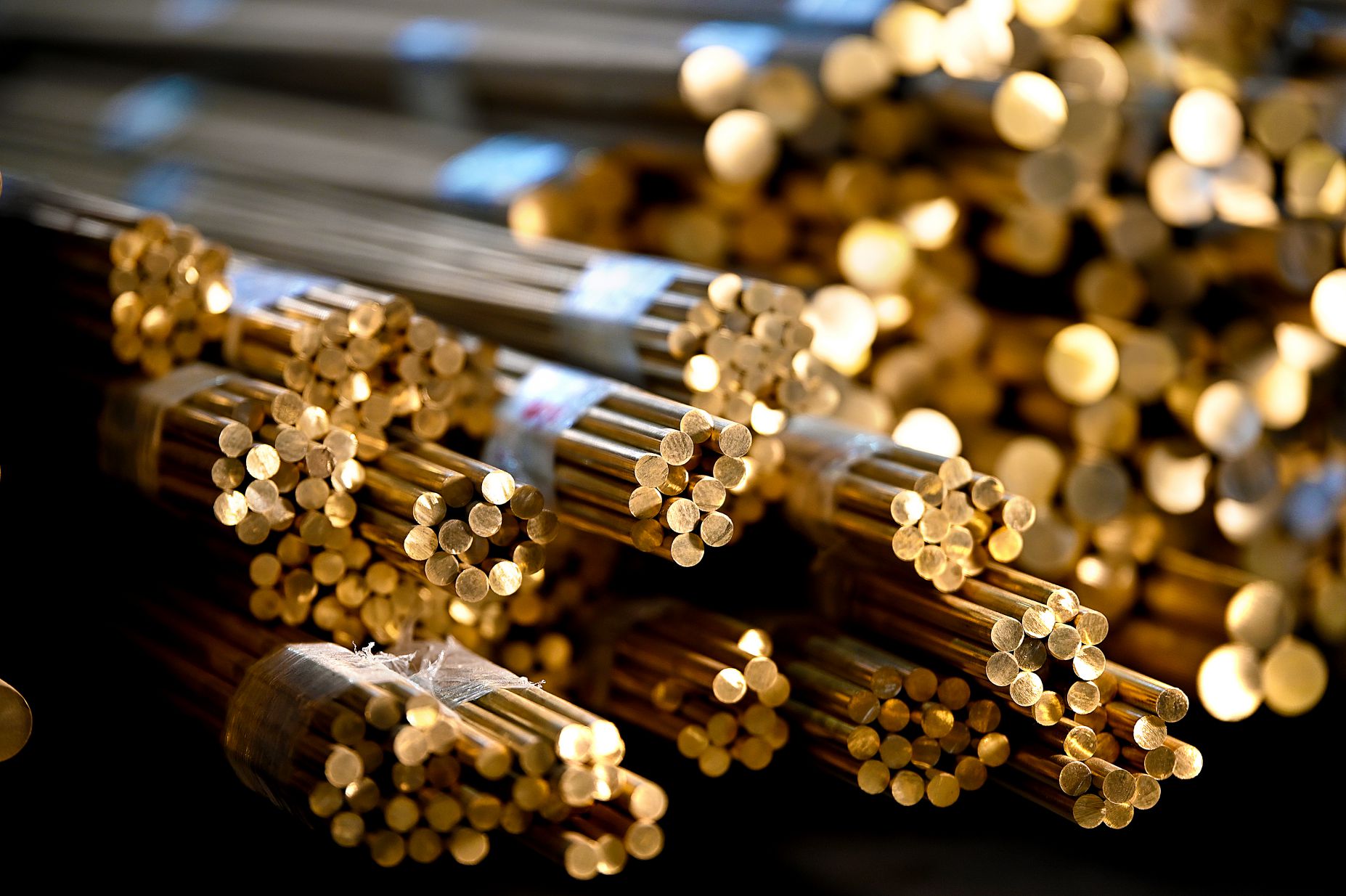65/35 Brass
- Home
- >
- Lead Free Brass
- >
- 65/35 Brass

65/35 Brass
Lead-Free Brass 65/35, also known as 65/35 Brass or Yellow Brass, is a copper-zinc alloy that offers a good balance of strength, ductility, and corrosion resistance. It is commonly used in applications requiring mechanical robustness and moderate conductivity.
Composition:
- Copper (Cu): 65%
- Zinc (Zn): 35%
- Lead (Pb): <0.09% (Lead-Free)
Grades
ASTM B 135 C27000:
- ASTM B135: Standard Specification for Seamless Brass Tube.
- C27000: Designation for 65/35 Brass in this standard.
CuZn35:
- General designation for 65/35 Brass, indicating 65% Copper and 35% Zinc.
BS CZ107:
- British Standard for copper and copper alloys.
- CZ107: Designation for 65/35 Brass in this standard.
Properties:
- Corrosion Resistance:
- Good resistance to corrosion in various environments, including freshwater and mildly acidic conditions.
- Resistant to dezincification and stress corrosion cracking.
- Mechanical Properties:
- Tensile Strength: Typically around 380-560 MPa.
- Yield Strength: Approximately 100-200 MPa.
- Elongation: Generally around 25-40%, indicating good ductility.
- Hardness: Moderate hardness, with a typical Brinell hardness number (HB) of around 80-120.
- Thermal and Electrical Conductivity:
- Good thermal conductivity, suitable for heat exchangers and other thermal applications.
- Moderate electrical conductivity, less than pure copper but sufficient for many industrial uses.
Applications:
Plumbing and Heating: Used in plumbing systems, fittings, and valves due to its corrosion resistance and mechanical properties.
Industrial Applications: Employed in various industrial equipment, including marine hardware, fasteners, and components requiring good mechanical strength.
Electrical Applications: Used in electrical connectors and components where moderate conductivity is sufficient.
Architectural Applications: Utilized in decorative and architectural elements due to its aesthetic appearance and workability.
